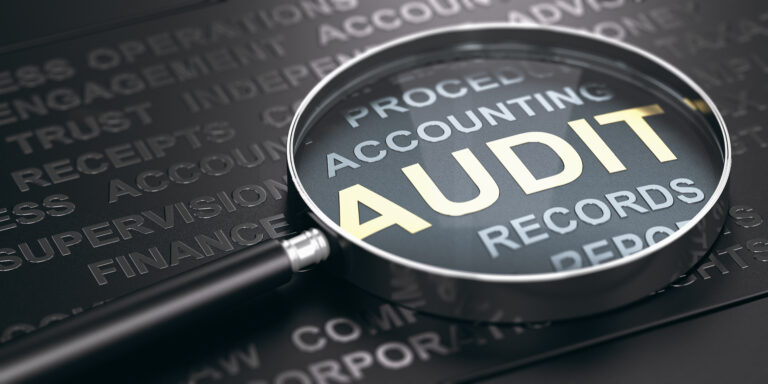A Business Tax Preparation Checklist for Smooth Filing
Preparing tax filings is challenging for business owners because tax rules are complicated and ever-changing. Various business structures, income sources, and expenses create intricacies. Further, if the business has employees, this adds another layer of employee tax subtleties. Maintaining careful records throughout the year is crucial, and having these documents is equally vital when filing taxes. Proper documentation streamlines the tax preparation process and contributes to financial accountability, transparency, and overall fiscal responsibility for the company. However, it can be daunting to remember all of the documents needed for tax prep, so we’re here to help. Here are the documents all business owners should have on hand during business tax preparation:

Business Information
Critical business information, including the business name, address, EIN, business structure, and chosen accounting method, is the starting point for a smooth tax preparation.
Financial Statements
Financial statements that offer a comprehensive overview of the revenue and expenses are critical during tax filing. The income statement, balance sheet, and cash flow statement are among these.
Income Documentation
Accurate income documentation, including 1099 forms, invoices, and sales records, ensures compliance with tax regulations and supports the legitimacy of financial figures, contributing to a transparent tax filing process.
Expense Documentation
Expense documentation reduces businesses’ overall tax liability. Such documentation includes:
- Expense receipts
- Home office expense bills
- Mileage records for business-related travel
- Business-related loans
- Interest paid on loans
Employee Information
Employee information, such as W-2 forms, employment tax records, retirement records, and health insurance, plays a pivotal role in ensuring precise reporting of payroll taxes.
Depreciation Schedule
For some expenses, like company machinery, you’ll spread the cost throughout its useful life instead of counting the total price of the year you purchased it. This depreciation helps show the gradual decrease in value over time due to use. A depreciation schedule is a timetable that outlines how the cost will be spread out.
Quarterly Estimated Tax Payments
This documentation shows that businesses have fulfilled their tax responsibilities promptly, minimizing the risk of penalties or interest charges.
Previous Tax Returns
Copies of previous years’ business tax returns, along with state and local business tax documentation, and state sales tax reports, facilitate the efficient completion of current-year tax forms, as these provide the reference point for relevant financial information.
Your Year-Round Financial Ally
Businesses must have the proper documents when preparing taxes. Accurate documentation shows compliance with tax laws and reduces the risk of discrepancies in the process. Further, having the necessary documents also facilitates potential tax benefits. In addition, having well-organized records is the best defense during an audit. My CPA is a team of expert business tax accountants who can help you file your taxes during tax season and work diligently all year to maintain the meticulous records crucial for protecting your business and ensuring maximum tax benefits. Contact us today!





